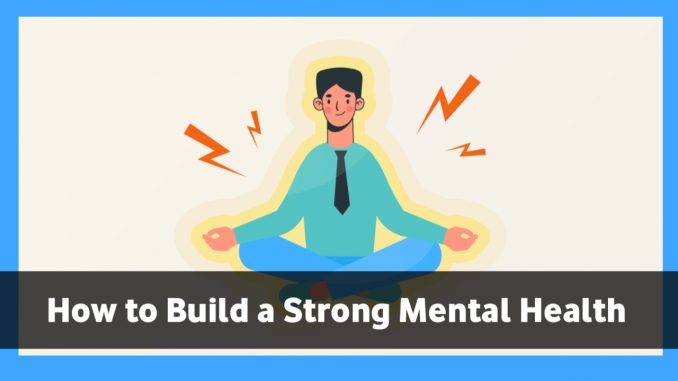
Social support can act as a protective factor against the development of mental health disorders. Individuals with strong social support networks are less likely to experience anxiety, depression, and other mental health issues. This is because social support provides individuals with a sense of belonging, meaning, and purpose.
Social support can also be an effective treatment for individuals who are already experiencing mental health disorders. Support from family, friends, and mental health professionals can help individuals manage symptoms and improve their overall quality of life. Social support can provide individuals with a safe space to express their feelings and concerns and can help them build the skills they need to cope with challenging situations.
Social support can also improve overall well-being. Individuals with strong social support networks are more likely to experience positive emotions and feel a greater sense of satisfaction with their lives.
Types of Social Support
Social support can come in various forms, and it plays a crucial role in promoting mental health and well-being. Understanding the different types of social support can help individuals identify their needs and seek the appropriate support.
- Emotional support: Emotional support is the most common and often the most valued type of social support. It involves providing comfort, empathy, and understanding to someone in need. This type of support can be offered through listening, validating feelings, and offering a shoulder to cry on.Article Sponsored Find something for everyone in our collection of colourful, bright and stylish socks. Buy individually or in bundles to add color to your sock drawer!
- Informational support: Informational support involves providing advice, suggestions, and information to someone in need. This type of support is often helpful in situations where the individual is facing a new or challenging situation and needs guidance.
- Tangible support: Tangible support involves providing practical assistance, such as helping with household chores or transportation. This type of support is particularly helpful for individuals who may have physical limitations or lack resources to handle everyday tasks. Examples of tangible support include providing meals, driving someone to appointments, or helping with childcare.
Can social support help with specific mental health conditions, such as depression or anxiety?
For individuals experiencing depression, social support can help reduce feelings of isolation and provide a sense of purpose and motivation. Social support can also help individuals with depression build resilience and cope with stressful situations.
For individuals experiencing anxiety, social support can provide a sense of safety and security, which can help reduce feelings of fear and uncertainty. Social support can also help individuals with anxiety develop coping strategies and build self-confidence.
Research has shown that social support can be particularly helpful for individuals with mental health conditions when it is tailored to their specific needs and preferences. This may include connecting with support groups, participating in therapy or counseling, or seeking support from trusted friends and family members.
What are some potential barriers to accessing social support, and how can I overcome them?
Accessing social support can be difficult for some individuals due to a variety of barriers. Here are some potential barriers to accessing social support and some ways to overcome them:
- Stigma: Stigma surrounding mental health or seeking support can make it difficult for individuals to reach out for social support. To overcome this barrier, it can be helpful to remind yourself that seeking support is a sign of strength and self-care.
- Lack of time: Busy schedules can make it difficult to prioritize social connections. To overcome this barrier, try to carve out time in your schedule for social activities or connect with friends and family during your daily routine, such as while exercising or running errands.
- Geographical distance: Living far away from family and friends can make it difficult to maintain social connections. To overcome this barrier, try connecting with loved ones through video calls, phone calls, or social media.
- Financial constraints: Financial constraints can make it difficult to participate in social activities or access mental health services. To overcome this barrier, look for low-cost or free activities in your community or connect with support groups or online communities.
Leave a Reply